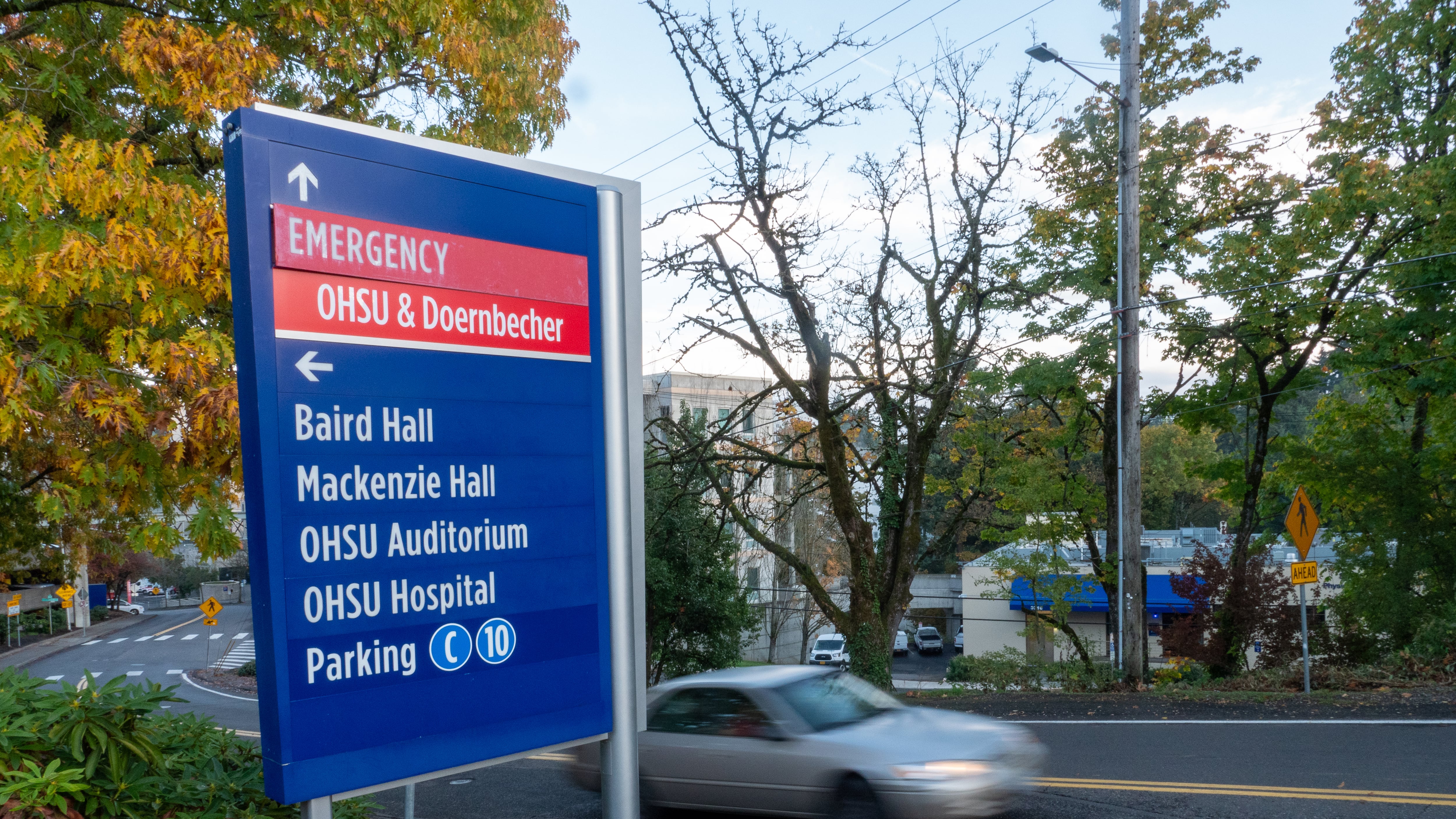A new lawsuit filed Aug. 20 in federal court in Portland sheds light on the enormous financial and human costs of the complex clinical trials that underlie modern pharmaceutical breakthroughs.
The suit, filed by Connecticut biotech firm Immunofree, accuses Oregon Health & Science University of enrolling a kidney transplant patient in a risky late-stage clinical trial despite the fact that she had a series of preexisting conditions, including diabetes and obesity, that should have rendered her ineligible to receive the experimental treatment.
“OHSU failed to adhere to its own protocols by enrolling [the] patient into the trial,” the suit says. OHSU declined to comment.
The patient, unnamed in legal documents, was enrolled in 2021 in a study known as Freedom-1 that tested a novel stem cell therapy to reduce the likelihood of adverse reactions following kidney transplants.
But shortly after entering the 120-participant trial, the patient developed “chronic graft versus host disease” and began a treatment regimen, including eight-hour round trip visits to OHSU for life-saving infusions, that has so far racked up a $1.4 million bill.
Normally, the company running the trial would shoulder the costs. But Immunofree is citing a clause of its contract with OHSU that requires the hospital to pay in cases of “negligence or willful misconduct.” The company is also faulting OHSU for refusing to bill the patient’s insurance and holding her “captive in its system by refusing to allow [the] patient to seek medical care outside of its campus.”
Freedom-1 was paused in 2022 after a patient died. The trial was later resumed, but then halted the following year amid layoffs at Talaris Therapeutics, the biotech company that originally started the trial. Immunofree, a brand-new company, purchased the remnants of the Freedom-1 study last summer with promises to rework it and try again in the future.
The deal didn’t go smoothly. Talaris ended up paying Immunofree $4 million to settle allegations that it “failed to disclose certain information and costs related to a patient in the FREEDOM-1,” according to a legal demand letter cited in a Securities and Exchange Commission filing. The costs to treat that patient, it estimates, will reach $9 million over 30 years.

